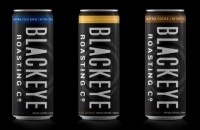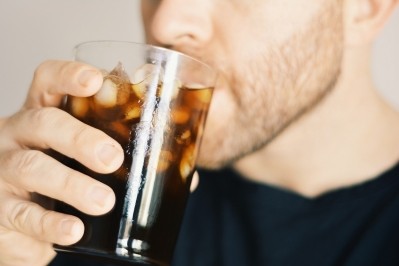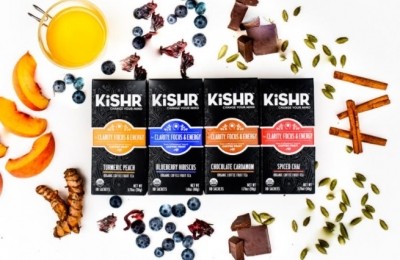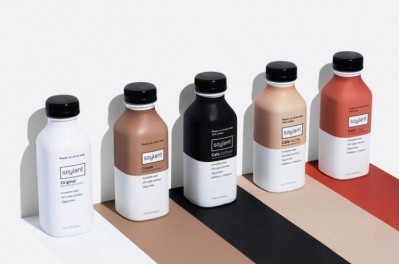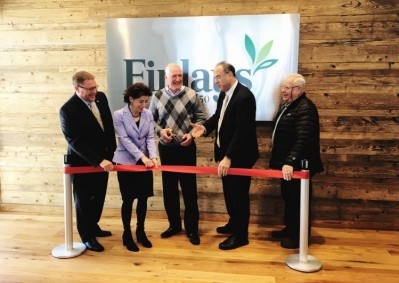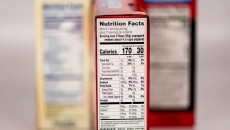Blackeye Roasting Co. founder: ‘We’re going after the gas station buyer in rural areas’
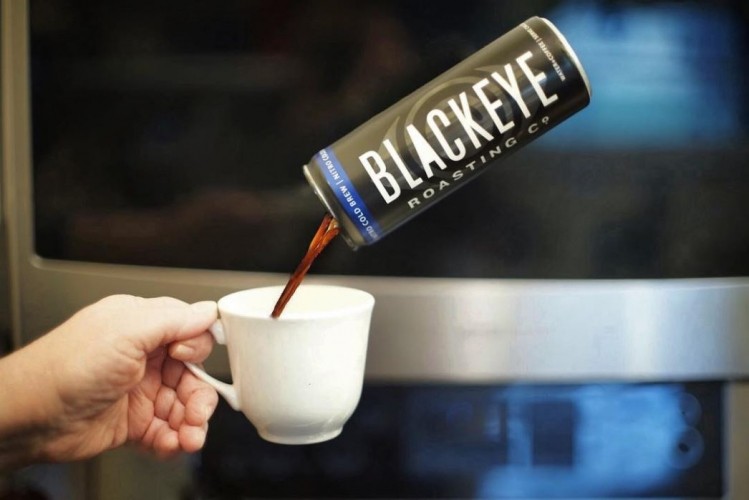
Founded in 2014, Blackeye Roasting Co. is a Twin Cities-based cold brew coffee company owned and run by Matt McGinn. His partner Dante DeSerrano heads up all the branding and sales of the business.
The US RTD coffee space is a crowded place to be right now for new entrants as it represents the fastest growing segment within the larger coffee category predicted to grow by 67% between 2017 and 2022, according to Mintel.
Blackeye Roasting Co. believes that it holds some key advantages starting with its market strategy, which targets a largely untapped audience for cold brew.
“We’re going after the gas station buyer in rural areas; your average coffee buyer that’s impulsive at a gas station and wants to get caffeinated,” co-founder Matt McGinn told FoodNavigator-USA. “There’s not a lot of companies that are focusing on that.”
McGinn gives credit to the major names in the RTD coffee category such as Starbucks and Dunkin’ Donuts that have made the concept of RTD coffee commonplace across demographics. In fact, Dunkin’ Donuts RTD iced coffee was ranked as third best-selling Pacesetter product by IRI capturing $67.1m in 2017, according to IRI total year, multi-outlet sales data.
“They’re teaching the general American what cold brew is and then we’re right next to them on the shelf,” he said.
Chilled placement
Even though Blackeye Roasting Co.’s products are shelf stable, the company fights for placement in the refrigerated section, a spot it does not always get, at first.
“We have the best run rates in the beverage cooler, but to get in the door at grocery we’re often getting end caps that are not refrigerated -- we get in the door that way but then we really fight for the cooler,” McGinn said.
Refrigerated cold brew is also the big driver of sale within cold brew coffee category, according to Mintel, growing 460% from 2015 to 2017 reaching an estimated $38.1m in sales.
Blackeye Roasting Co. sells three SKUs, nitro cold brew, white chocolate, and nitro cocoa, packaged in 11.5-ounce slim cans that are currently on the shelves at Holiday Station Stores, Super America, and independently owned BP gas station locations in the Midwest area.
“We want to be in as many convenience store as we can in the country; that’s our No. 1 focus,” McGinn said.
Blackeye Roasting also has an expanding grocery presence at select Whole Foods stores in the Midwest region, Hy-Vee, and Minnesota-based chains, Kowalski’s and Lunds & Byerlys.
“We’re really focused on brick & mortars, almost 95%, but we are navigating the online waters because we feel like it’s something to pay attention to,” McGinn added.
Cold brew production goes unregulated
“One thing that’s going to decide the industry’s fate is whether or not the regulation of cold brew changes,” McGinn said.
There is currently not a validated FDA process for producing cold brew coffee, which typically steeps for up to 20 hours, leaving it susceptible to contamination since bacteria has a prolonged window to grow. Death Wish Coffee, for instance, had to recall all of its cold brew nitro products in September 2017 after its production process was determined to possibly lead to the production of botulin, a deadly toxin that can evolve into botulism.
“It’s under regulated and we feel that a lot of people are not doing it correctly,” McGinn said. “That could impact the industry and there’s also a shortage of co-packers right now and that puts us at an advantage.”
McGinn added that Blackeye Roasting Co.'s facility including its equipment and process is "very scientific" and that he made a priority to hire a food scientist to closely monitor its production process.
‘Willy Wonka factory for beverage’
Blackeye Roasting Co. has its own 30,000-square-foot production facility in St. Paul, Minnesota, where it packages its products in shelf-stable cans as well as co-packing for other non-cold brew coffee companies with aggressive plans to ramp up production in order to conquer their target c-store market.
“We have utilized maybe 25% of the space so we have quite a bit of room to grow,” McGinn said. “This facility is like a Willy Wonka factory for beverage.”
Blackeye Roasting Co. specializes in small-batch beverage production retort packaging, a hard find for small beverage brands at the moment, according to McGinn.
Operating at a single shift, the company can produce roughly 45,000 cases of a cold brew per month, and is aiming to edge up its capacity as it grows.
“We’re focused on volume and being a little bit of an edgier coffee company; a healthy energy drink alternative,” McGinn said.
